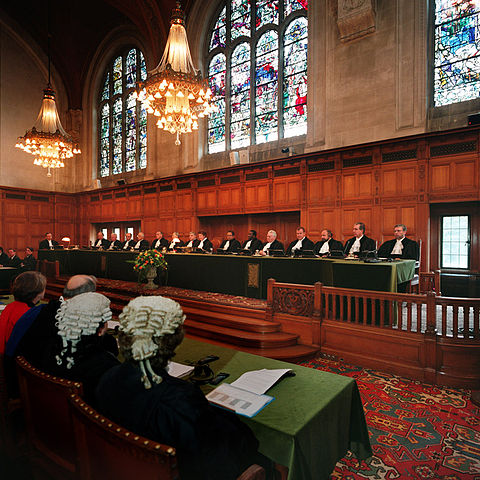Adjudication vs Conviction
Understanding the difference between adjudication and conviction can be challenging for those not involved in the legal field. Both terms are often used interchangeably, leading to confusion. However, the key to distinguishing between the two lies in carefully examining their definitions.
What is Adjudication?
Adjudication is the legal process of resolving a dispute. Although it is sometimes defined as the final determination given by a court of law or the pronouncement of a judgment, adjudication involves more than just the final decision. It encompasses the entire process adopted to resolve a legal dispute, culminating in the pronouncement of the final decision or outcome.
What is Conviction?
In contrast, conviction refers only to the final outcome in a case, specifically a criminal trial. Conviction is typically associated with criminal cases rather than civil proceedings. In a criminal trial, the ultimate goal of the judge and/or jury is to determine if the defendant is guilty or not guilty of the charged crime. A conviction is the determination made by the court at the conclusion of a criminal trial, finding the defendant guilty of the crime.
What is the difference between Adjudication and Conviction?
• Adjudication refers to the legal process of resolving a dispute between two or more parties. It includes the pronouncement of the final outcome of the case.
• A Conviction, in contrast, represents the outcome of a criminal trial. More specifically, it is the judgement given by the court finding the defendant guilty of the crime.
• A Conviction is part of the Adjudication process. Further, a Conviction is associated with criminal trials.
• In contrast, Adjudication includes both civil and criminal disputes.
Key Takeaways
- Adjudication is the legal process of resolving a dispute, while conviction refers to the final outcome in a criminal trial.
- Conviction is part of the adjudication process and is specifically associated with criminal trials.
- Adjudication includes both civil and criminal disputes, whereas conviction is only related to criminal trials.
